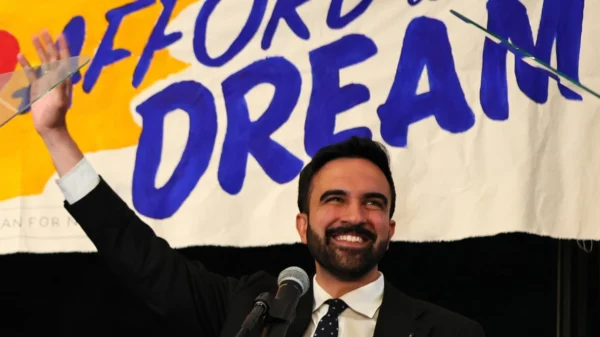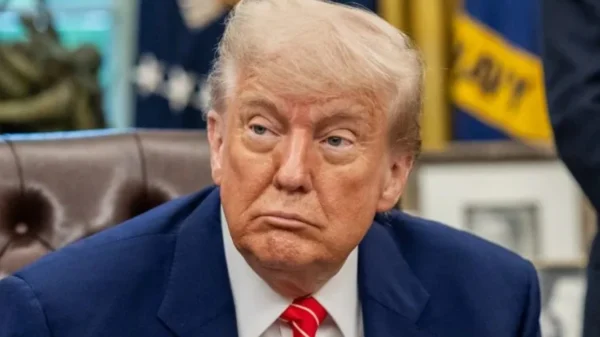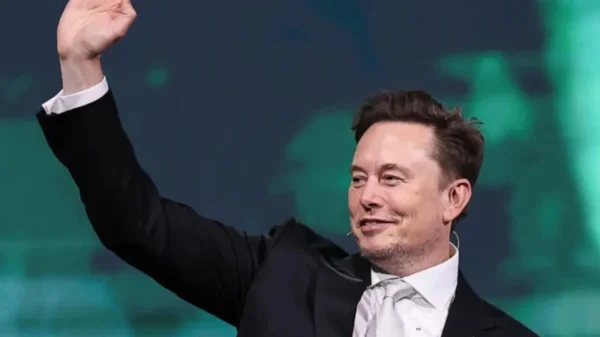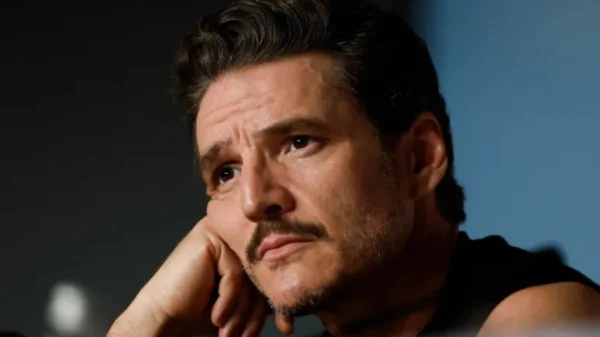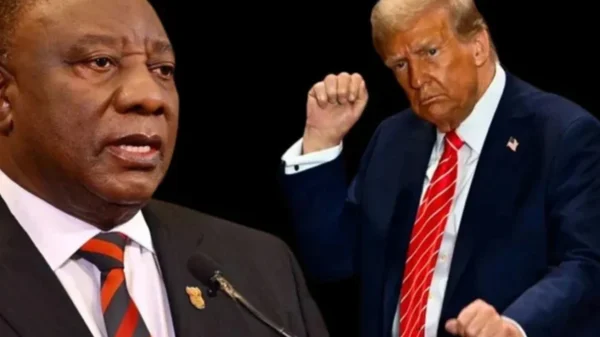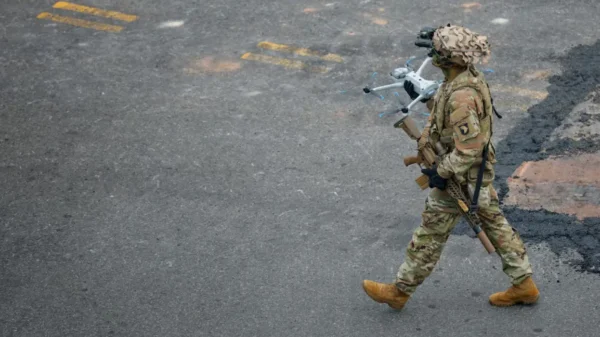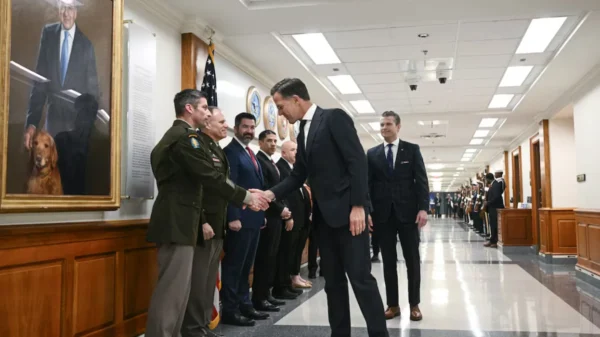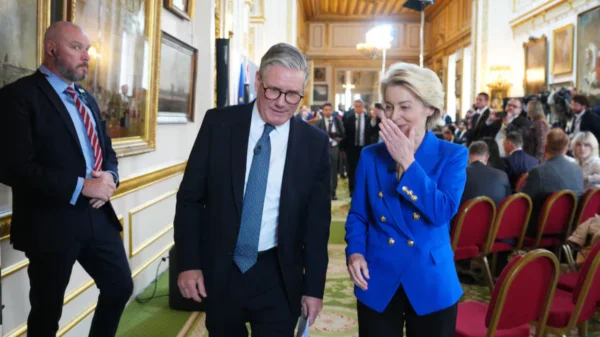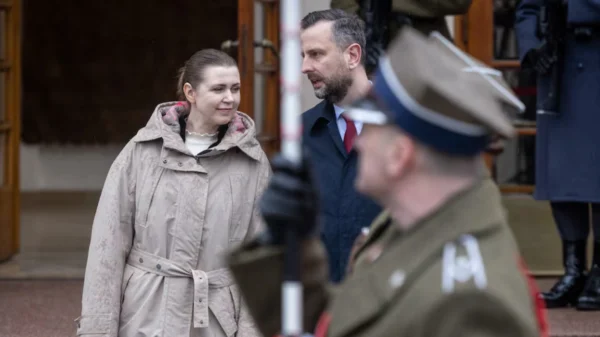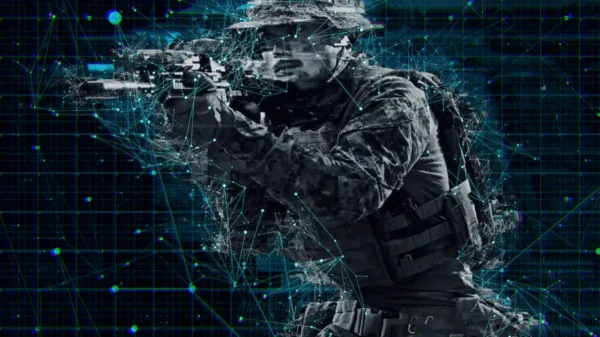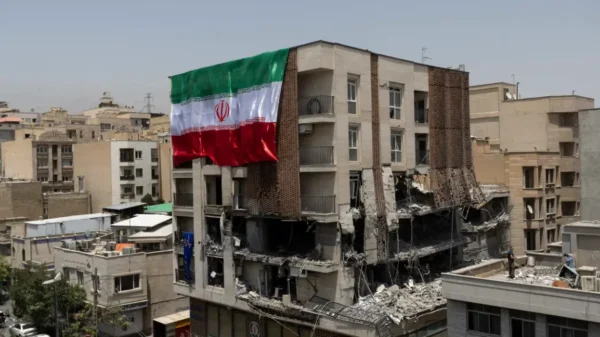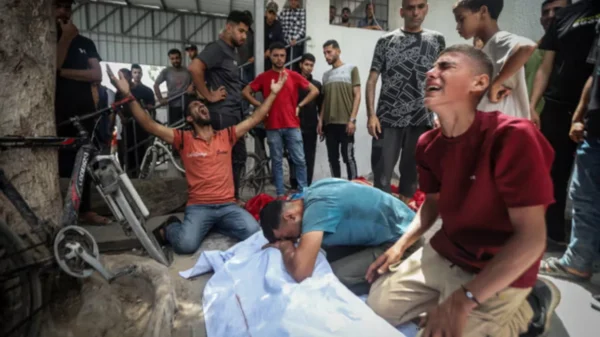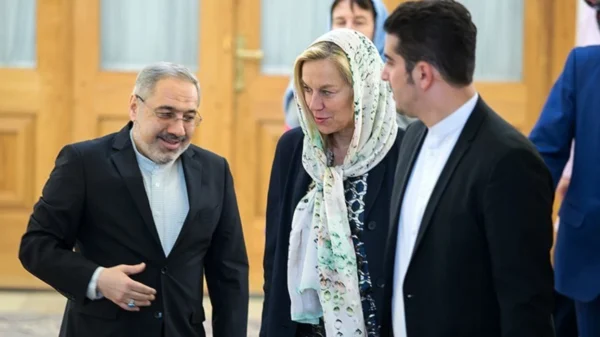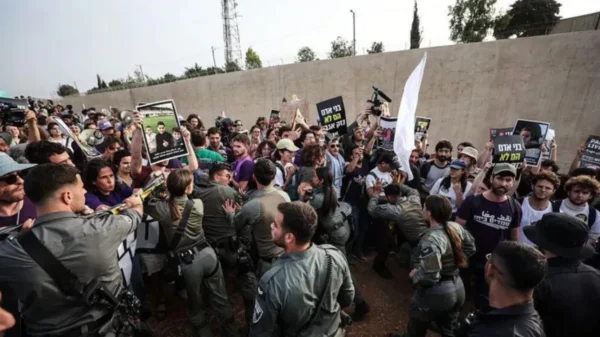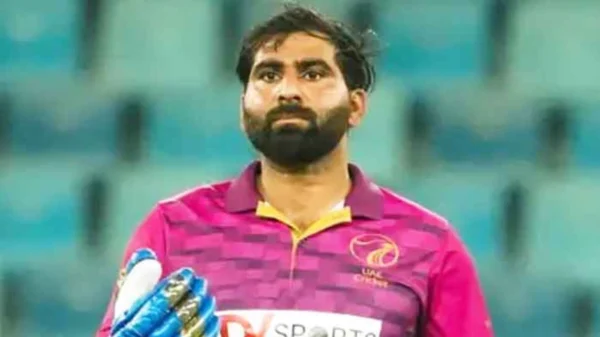Tensions between Israel and France escalated sharply after Israeli officials accused French President Emmanuel Macron of waging a “crusade against the Jewish state” following his calls for European nations to adopt a tougher stance on Israel amid the ongoing humanitarian crisis in Gaza. The dispute has added a new layer of complexity to the already volatile Middle East situation, with both sides trading sharp rhetoric over the conflict’s political and humanitarian dimensions.
Macron’s Call for a Harder European Stance on Israel
Speaking at a defense forum in Singapore on May 30, 2025, Emmanuel Macron urged European countries to “harden the collective position” against Israel if it failed to adequately address the worsening humanitarian conditions in Gaza. He emphasized that recognizing a Palestinian state, under certain conditions, was “not only a moral duty, but a political necessity.”
Macron warned that
“if we abandon Gaza, if we consider there is a free pass for Israel, even if we do condemn the terrorist attacks, we will kill our credibility.”
His remarks signaled a shift in France’s approach to the Israel-Palestine conflict, advocating for increased pressure on Israel to ease the blockade on Gaza and improve humanitarian access.
France is co-hosting with Saudi Arabia an international conference at the United Nations in New York, scheduled for mid-June, aimed at reviving the two-state solution and laying out parameters for a Palestinian state—an initiative opposed by Israeli Prime Minister Benjamin Netanyahu’s government.
Israel’s Sharp Rebuttal: ‘Crusade Against the Jewish State’
Israel’s Foreign Ministry responded swiftly and vehemently to Macron’s statements. In a strongly worded statement, it accused the French president of leading a “crusade against the Jewish state.” The ministry rejected Macron’s claim of a humanitarian blockade, calling it “a blatant lie” and defending Israel’s efforts to allow aid into Gaza.
Highlighting that nearly 900 aid trucks had entered Gaza in recent days and that humanitarian distribution sites had delivered over two million meals in just four days, Israel insisted that it was facilitating aid through “two parallel efforts.”
The ministry further accused Macron of wanting to “reward jihadist terrorists with a Palestinian state,” cynically predicting that the national day of such a state would be October 7, the date of Hamas’s deadly 2023 attack on Israel that ignited the current conflict.
“It is against Israel—under attack on multiple fronts in an attempt to destroy it—that Macron seeks to impose sanctions,”
the statement added, underscoring Israel’s view that Macron’s position sided with its enemies.
Historical and Emotional Weight of the ‘Crusade’ Charge
The use of the word “crusade” carries deep historical resonance and emotional weight. The Crusades were medieval religious wars launched by European Christians, including French knights, aimed at reclaiming the Holy Land from Muslim rule. These campaigns were marked by violence against Jews in Europe and the Levant, and the term evokes painful memories in Jewish communities.
Israeli officials and commentators underscored this historical context to frame Macron’s stance as not only politically hostile but also symbolically offensive.
Macron’s Increasing Support for Palestinians
Macron’s recent statements reflect a more vocal French support for the Palestinian cause, particularly in light of the severe humanitarian crisis in Gaza. After Israel imposed a near-total blockade on Gaza in early March 2025, the enclave has faced critical shortages of food, medicine, and fuel, with aid deliveries only partially resuming in recent weeks.
In earlier interviews, Macron criticized Israeli Prime Minister Netanyahu, calling his policies “shameful” and warning that Europe must not appear to give Israel a “free pass” despite condemning Hamas’s terrorist attacks.
Macron’s advocacy for recognizing a Palestinian state is part of a broader push by France and its allies to revive diplomatic efforts toward a two-state solution, even as Netanyahu’s government resists such moves.
International Reactions and the Broader Diplomatic Context
The escalating rhetoric between Israel and France has drawn attention from international observers. Macron’s call for potential sanctions against Israeli citizens in the West Bank was seen as a significant escalation, signaling that Europe might take concrete punitive measures if Israel does not alter its policies.
Meanwhile, Israel’s criticism of Macron and France’s role in the upcoming UN conference reflects deep mistrust and opposition to external pressures perceived as undermining Israeli security and sovereignty.
Hamas, the Palestinian militant group controlling Gaza, praised Macron’s statements, seeing them as supportive of their cause, which further inflamed Israeli accusations that France’s position emboldens terrorism.
Humanitarian Aid and the Gaza Situation
The humanitarian situation in Gaza remains dire. Despite Israel’s partial lifting of the blockade, aid organizations warn of widespread hunger and medical shortages affecting hundreds of thousands of civilians.
Israel maintains that its restrictions are necessary to prevent weapons smuggling to Hamas and that it is facilitating aid through controlled channels. The Gaza Humanitarian Fund, backed by the US and Israel, has recently begun distributing millions of meals, though challenges remain.
Macron and other critics argue that the blockade constitutes collective punishment and that Israel must do more to alleviate civilian suffering.
Political Implications for Israel and France
For Israel, Macron’s statements and the growing European pressure represent a diplomatic challenge amid a conflict that has already strained its international relations.
Prime Minister Netanyahu’s government has doubled down on its hardline stance, rejecting calls for a ceasefire or recognition of a Palestinian state. Netanyahu’s coalition partners have pushed for decisive military action against Hamas, framing the conflict as existential.
In France, Macron’s position reflects a balancing act between supporting Israel’s right to security and advocating for Palestinian rights and humanitarian concerns. His government’s co-hosting of the UN conference underscores France’s commitment to a diplomatic resolution, even as tensions with Israel rise.
A Crisis of Diplomacy and Narrative
The confrontation between Israel and France over Macron’s remarks illustrates the fraught nature of diplomacy in the Middle East crisis. Accusations of a “crusade against the Jewish state” reveal how deeply emotions run and how historical narratives shape contemporary conflicts.
As the humanitarian crisis in Gaza worsens and political divisions deepen, the international community faces increasing pressure to navigate a path that respects Israel’s security concerns while addressing Palestinian rights and suffering.
Macron’s call for a harder European stance and recognition of a Palestinian state challenges Israel’s policies and signals a potential shift in international diplomacy, even as Israel pushes back fiercely.
The coming weeks, including the UN conference co-hosted by France and Saudi Arabia, will be critical in determining whether dialogue can prevail or if the crisis will further escalate.

